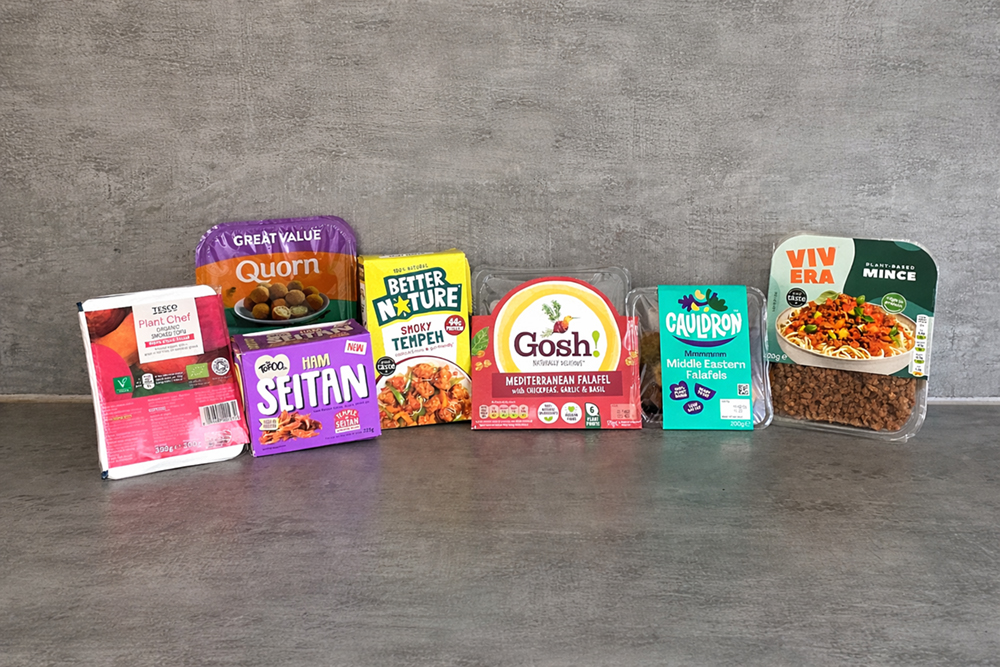

Feasibility report confirms regulatory path in UAE for Steakholder Foods' 3D-printed, plant-based products
Steakholder Foods has announced that it has received a feasibility report from the Mérieux NutriSciences group with regard to its proprietary, plant-based, 3D-printed whitefish and steak, concluding that the products’ raw materials are permitted for use in plant-based substitutes or Generally Recognized as Safe (GRAS), and hence should be considered to be safe for use in the United Arab Emirates, a pioneer in the field of food security where Steakholder Foods intends to construct a large-scale production facility.
In addition to the status of the company’s ingredients, the report found that as the 3D-printing process does not change the structure or composition of the materials used, the resulting product is unlikely to be classed as a novel food (a food not historically consumed by humans, such as food developed by innovative technologies) but should rather be subject to a conventional approval process.
“While our cultivated and hybrid offerings are expected to be classified as novel foods, we expect that our initial plant-based, 3D-printed products will obtain regulatory approval on a more conventional and expedited basis," commented Arik Kaufman, Steakholder Foods’ CEO. "We plan to engage with UAE regulatory authorities for approval in conjunction with our planned first-of-its-kind large-scale production facility in the Persian Gulf region, with a view to commercializing our first products while expanding regulatory approval and commercialization across the globe.”
In parallel to commencing work on the Gulf production facility, Steakholder Foods is working on executing revenue-general commercialization agreements in additional regions in 2024.
In other Steakholder news, the company has announced the launch of the world’s first plant-based, 3D-printed eel. This breakthrough highlights Steakholder Foods’ remarkable capability to accurately replicate the complex texture of eel, achieved through precision layering and a unique combination of materials in Steakholder Foods’ proprietary 3D printing technology. The company’s eel is currently based on plant materials, and is expected to include cultivated eel cells in the future, as economies of scale allow price-competitive cell development.
Steakholder’s printing process enables it to significantly reduce the amount of ingredients used in its 3D printed product relative to typical plant-based alternatives, potentially positioning Steakholder Foods’ plant-based, 3D-printed eel at the forefront of the industry.
The Israeli food-tech is exploring collaborations to commercialize its plant-based, printed eel by offering them proprietary 3D printers and ink, capable of generating revenues in the short term. Based on Steakholder Foods’ current technology capabilities, it estimates that its partners and customers will be able to mass-produce 3D-printed eel at a competitive price range, enabling them to tackle the cost challenges linked to the current global prices of eel.

The global eel market, valued at US$4.3 billion in 2022 and growing at a CAGR of 2.19%, primarily relies on wild eel. This industry faces several critical challenges, including overexploitation and the risk of extinction, particularly in Japan which accounts for a major portion of global eel consumption. Breeding difficulties in farms due to the complex life cycle of eels, regulatory challenges, and issues like poaching and black-market trading further exacerbate the situation, highlighting the need for sustainable alternatives.
"The launch of our printed eel marks a pivotal moment in the seafood industry, showcasing the vast potential of our DropJet technology – Steakholder Foods’ solution for fish and seafood printing," explained Kaufman. "This technology is designed to enable partners to generate products on a potential industrial scale of hundreds of tons monthly, not only at lower costs compared to wild eel, but also with the flexibility to create a variety of printed products using the same production line. Such versatility could significantly boost profitability for food companies and lead the way to a shift towards more efficient and sustainable practices in the industry. This product exemplifies the broader possibilities our technology offers our partners.
If you have any questions or would like to get in touch with us, please email info@futureofproteinproduction.com

.png)






